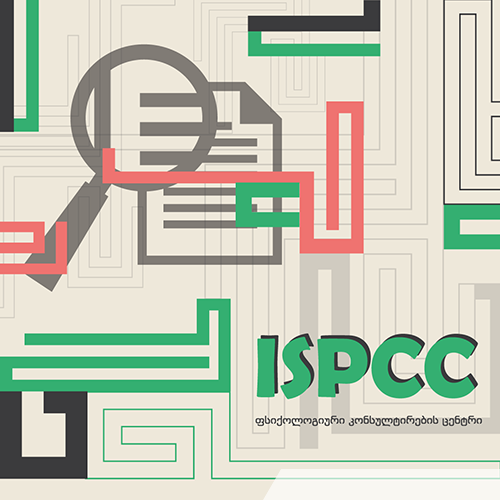
Mental health care: Adverse Sequelae of Covid-19 (MASC study)
Before the Covid-19 pandemic, mental health care was only being delivered to a small minority of people in the world who have a mental illness, a challenge called the ‘treatment gap’. For people with severe depression, for example, only 22%, 11% and 4% of those in high-, medium- and low-income countries, respectively, receive minimally effective treatment. It is anticipated that the need for mental health care will increase during and after the pandemic, while mental health services may be degraded, which together can: (1) risk an increase in the mental health treatment gap; (2) compromise the UN ‘Right to Health’, and (3) be a fundamental set back about the UN Sustainable Development Goals aim to ‘Leave No-one Behind’.
Aims and objectives of the study:
- In this context, the project aim is to answer the question: What are the implications for global mental health services of the Covid-19 pandemic in sentinel low- and middle-income countries (LMICs)?
The project objectives are:
- identify what the consequences of the COVID-19 pandemic are for mental health services in LMICs;
- record their frequency and severity;
- provide baseline data for a grant application on a prospective study of these issues;
- identify examples of good practice and disseminate this information.
Projects » View All
